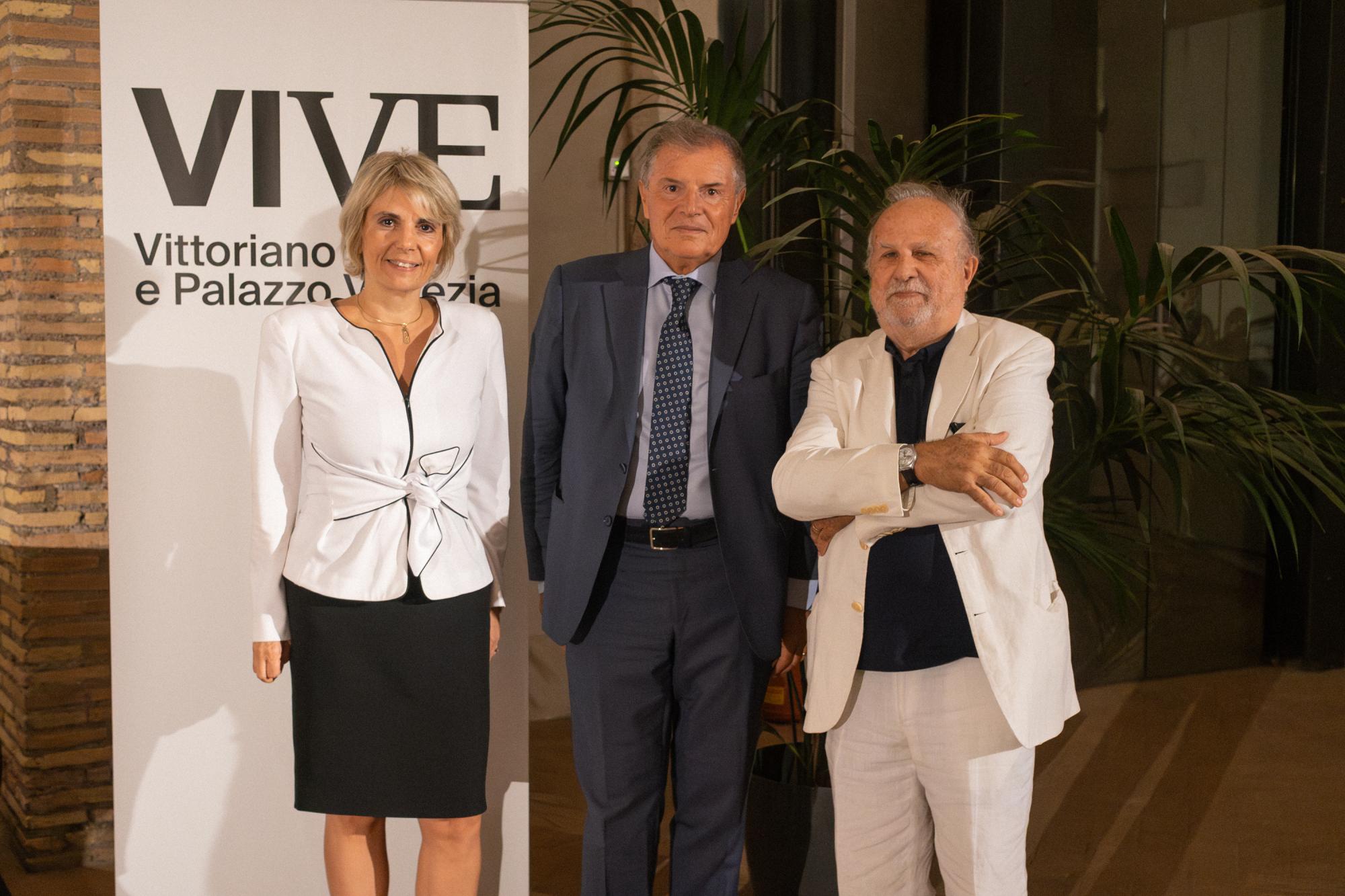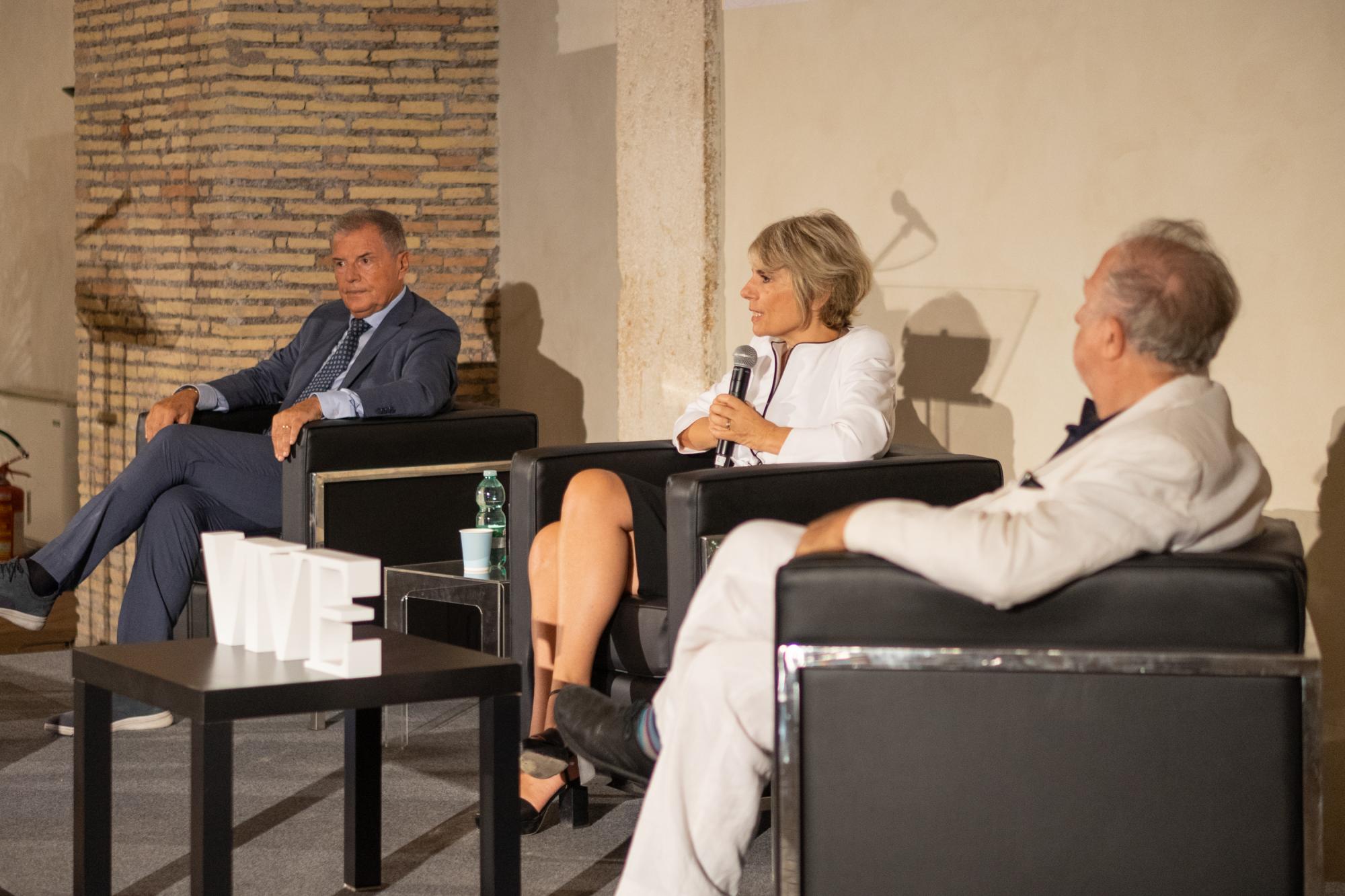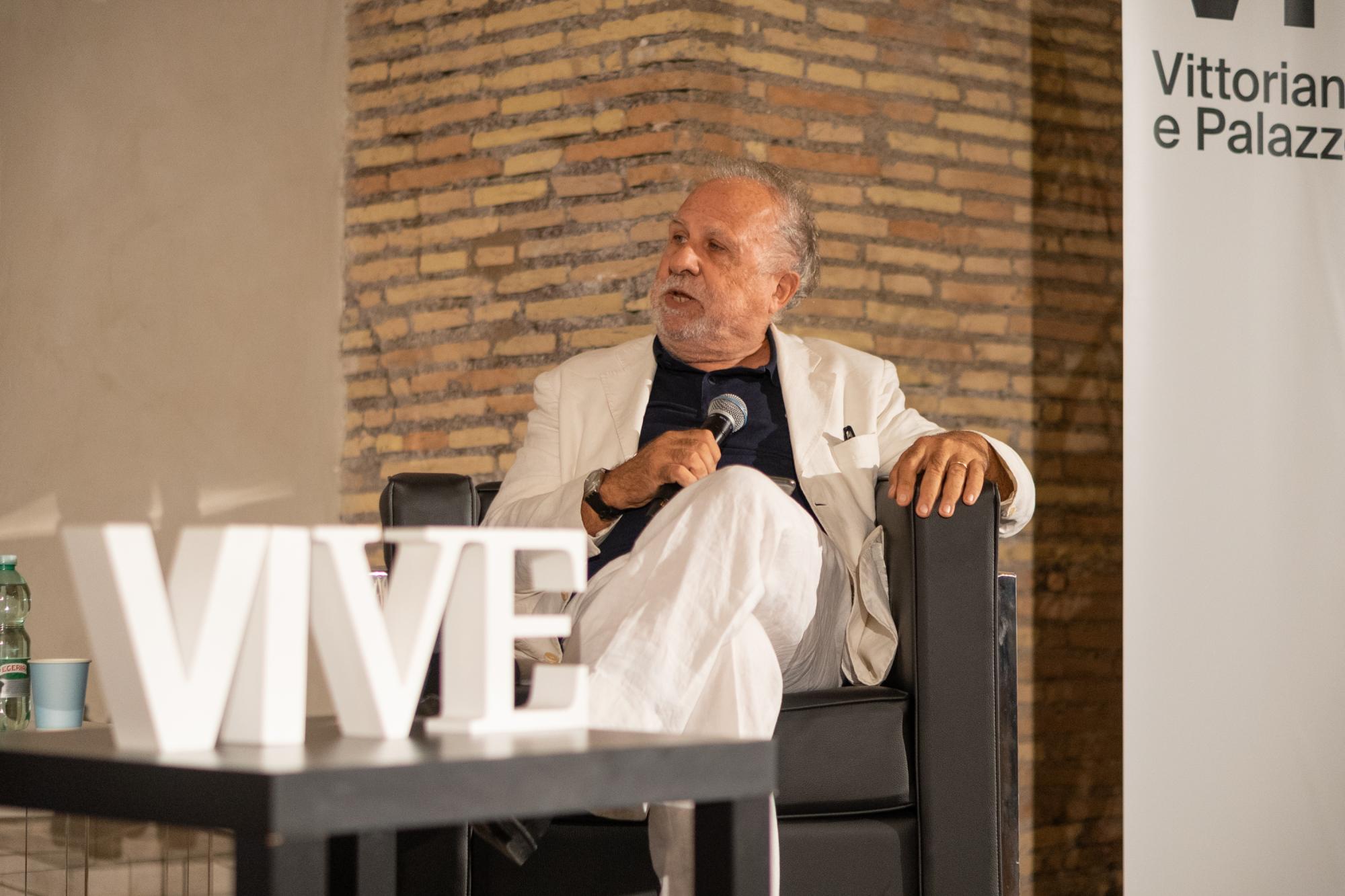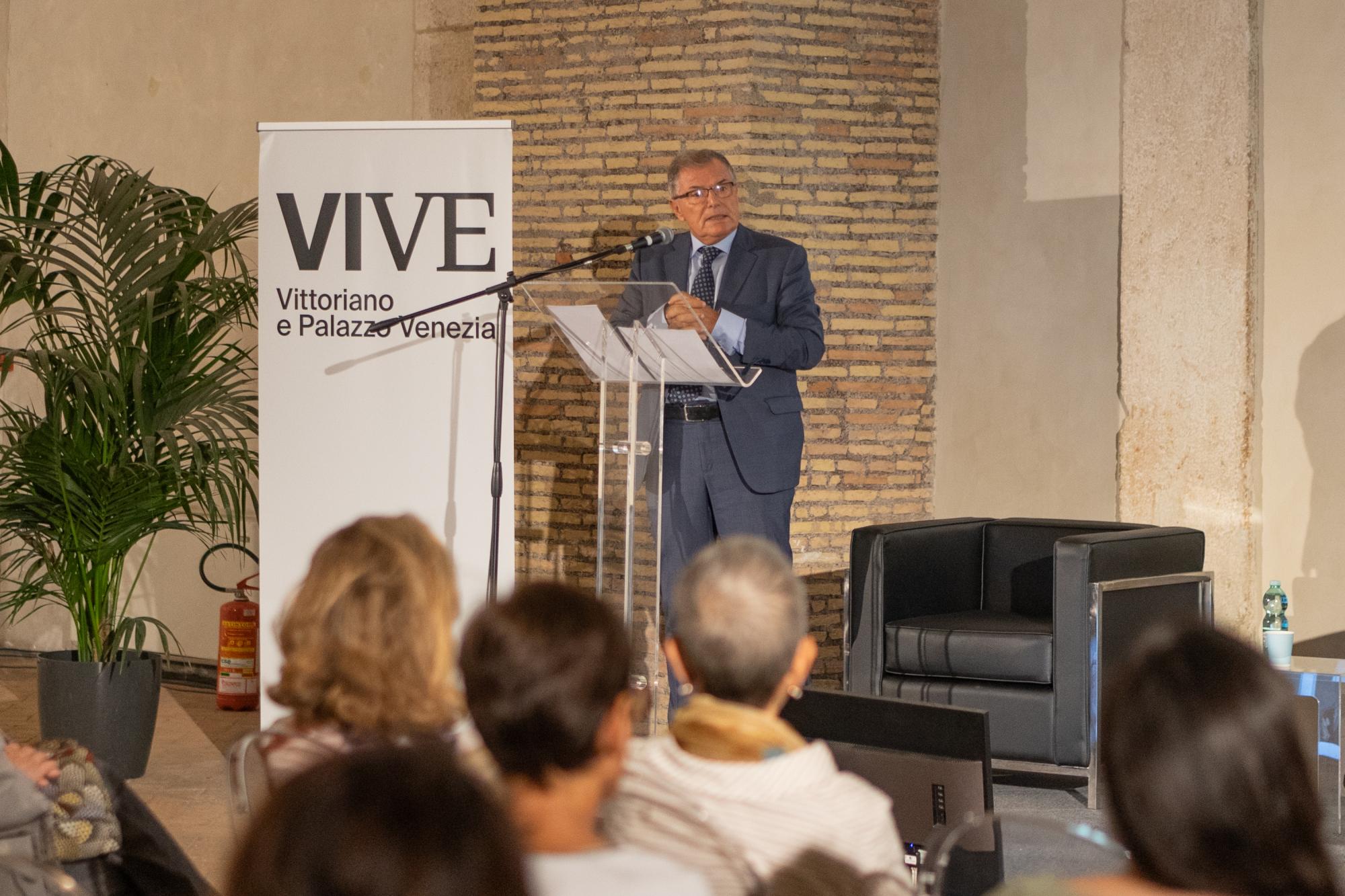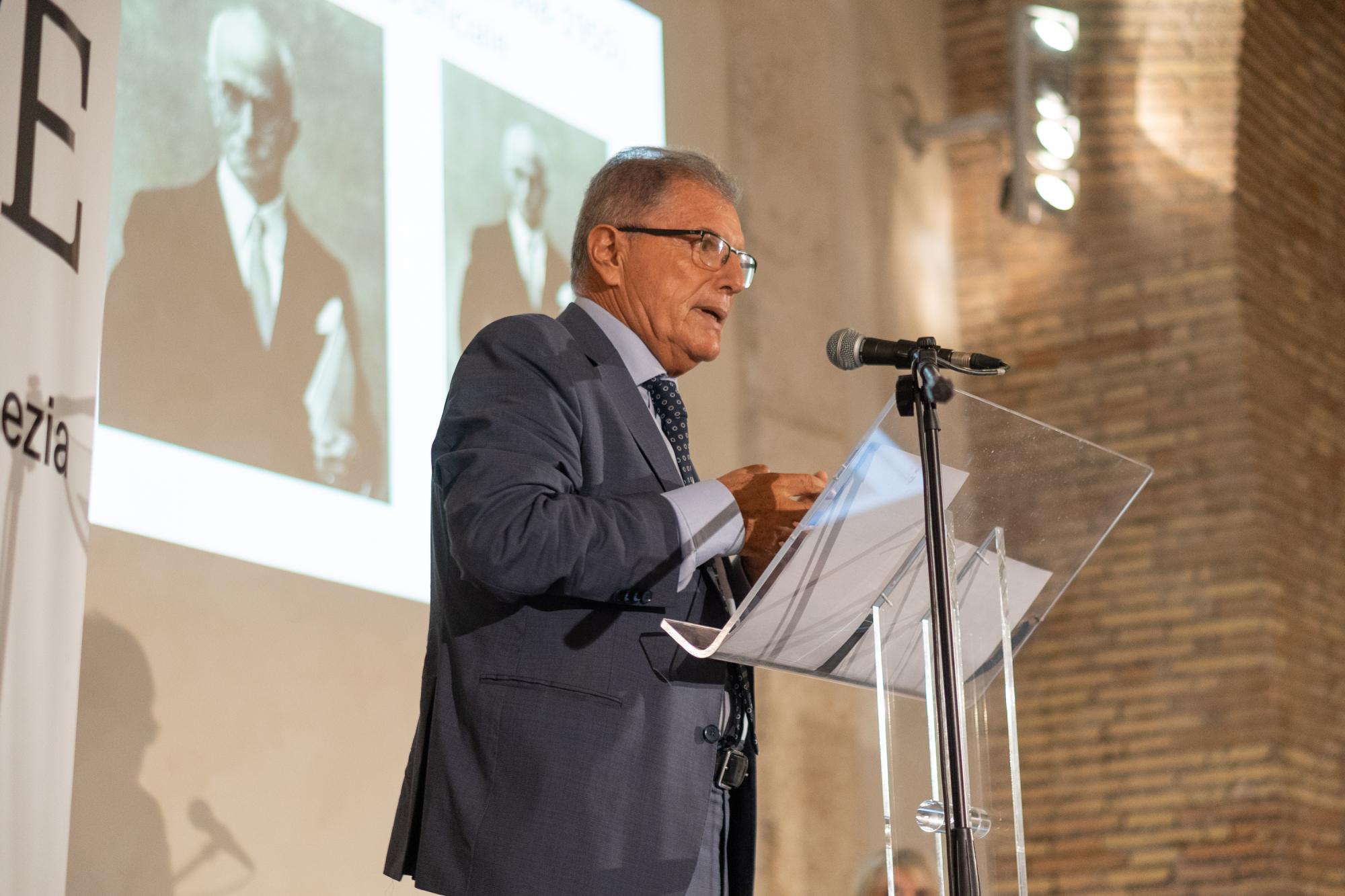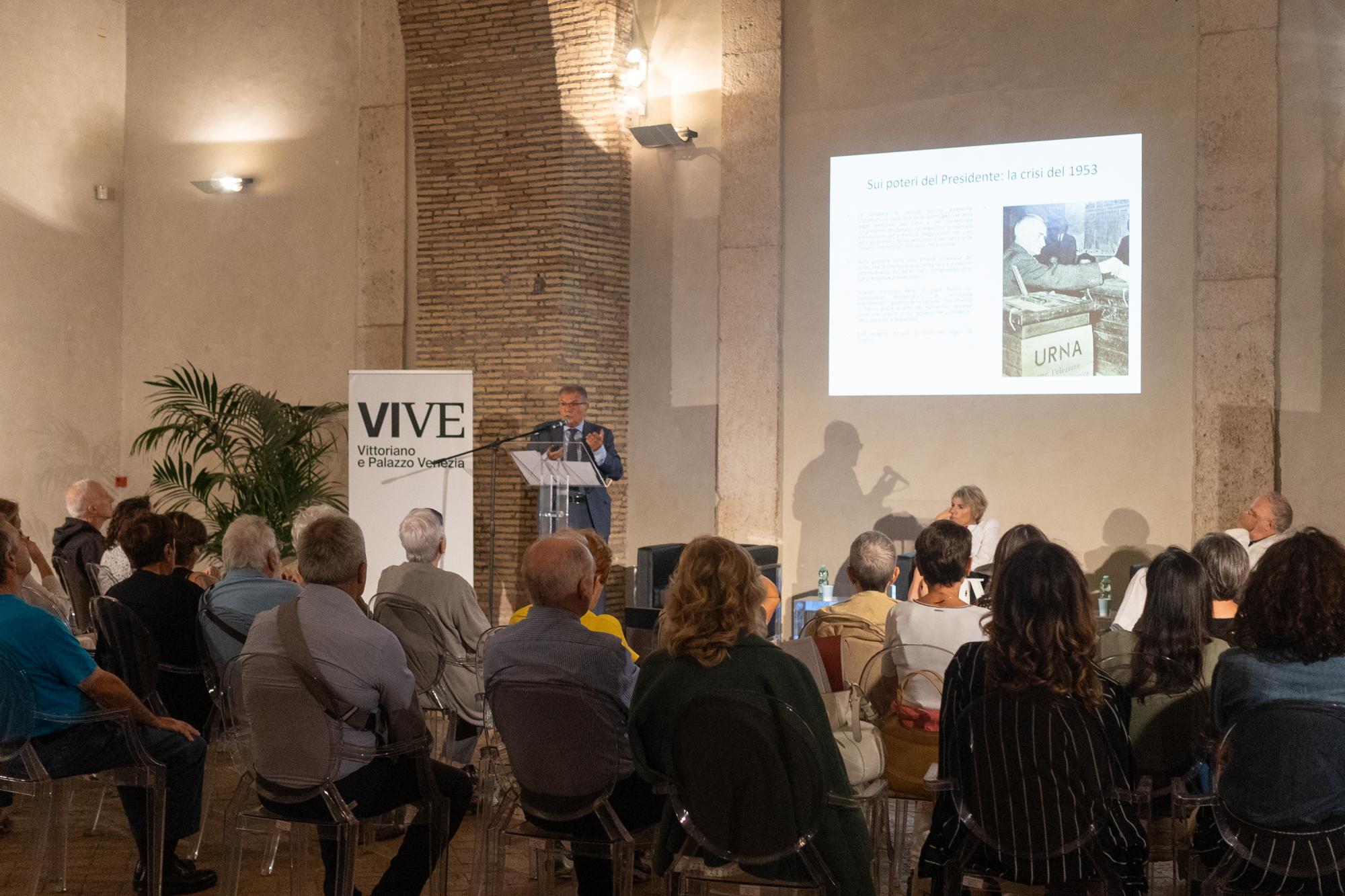SERIES: From Rome to the rest of the world. Tales from a past that lives on - Under the aegis of Francesco Benigno, professor of Modern History, Scuola Normale Superiore in Pisa
SPEAKER: Maurizio Ridolfi
DATE: Thursday 27 June, 6 pm
PLACE: Palazzo Venezia, Sala del Refettorio
Luigi Einaudi was one of the leading scholars and exponents of economic liberalism in the first half of the 20th century. After 8 September 1943, he fled to Switzerland from where he returned to a liberated Rome to take up the position of governor of the Banca d'Italia. Then, having joined the 4th De Gasperi Government as Vice President of the Cabinet in May 1947, he became Minister of Finance. Lastly, although a monarchist, on 11 May 1948 the Italian Parliament elected him as the first President of the Republic. His seven-year tenure was marked by a great drive to rebuild Italy. True to the principles of liberalism, Einaudi made them a foundation of economic policy. For the duration of his mandate he moved to Palazzo del Quirinale where he resided with his wife Donna Ida. He fulfilled his role while respecting the autonomy of power although he did not fail to intervene on issues pertaining to the nation’s social and political life. Those were the years of the difficult emergence from the misery of war in a country centred on reconstruction. Unlike the centrist majority that had elected him, he interpreted his role in an anything but bureaucratic manner, conducting a continuous work of moral suasion via queries, requests for information and legislative amendments, as recorded in his Scrittoio del presidente (1956). Adopting a discreet and proficient style, he ensured constitutional guarantees and balance of power as well as the authority of the fledgling Republic.

